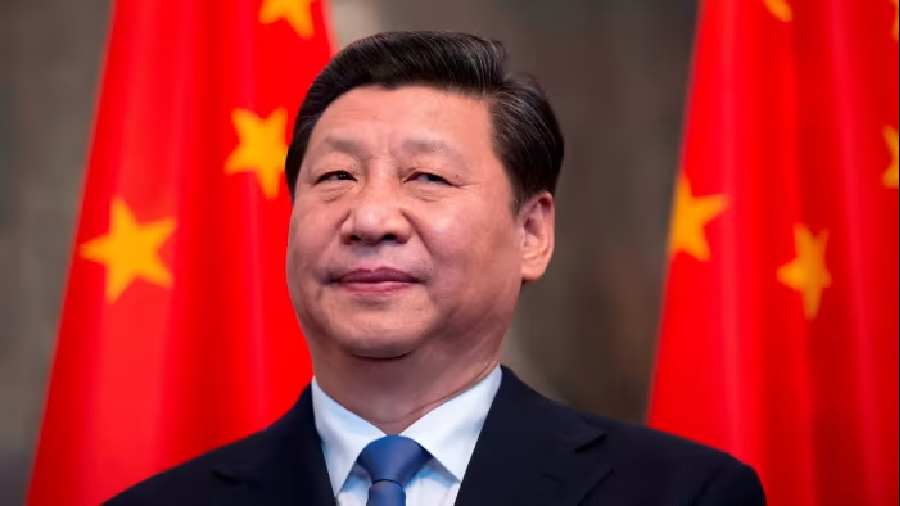In a long-awaited report released on Wednesday, the UN human rights office accused China of serious human rights violations that “may constitute international crimes, in particular crimes against humanity”, in its mass detention of Uyghurs and other predominantly Muslim groups in its far western region of Xinjiang. The assessment was released shortly before midnight in Geneva and minutes before Michelle Bachelet, the UN high commissioner for human rights, was set to leave office.
The release ended a nearly year-long delay that had exposed Bachelet and her office to a fierce pushback by rights groups, activists and others who had accused her of caving to Beijing, which had sought to block the report.
The 48-page report did not use the word “genocide”, a designation applied by the United States and by an unofficial tribunal in Britain last year. But it validated rights groups’ and activists’ claims that China has detained Uyghurs, Kazakhs and others, often for having overseas ties.
The report is “an unprecedented challenge to Beijing’s lies and horrific treatment of Uyghurs”, said Sophie Richardson, the China director for Human Rights Watch. “The high commissioner’s damning findings explain why the Chinese government fought tooth and nail to prevent the publication of her Xinjiang report, which lays bare China’s sweeping rights abuses.”
To Uyghur activists, the report’s findings were a powerful vindication of their yearslong effort to draw attention to the suppression of ethnic minorities in Xinjiang. Beijing has routinely rejected any assertions of arbitrary detentions and abuses in Xinjiang and has accused Uyghur activists of lying. The activists say their families in Xinjiang have been imprisoned, detained and threatened by the authorities to try to silence them.
“It paves the way for meaningful and tangible action by member states, UN bodies and the business community,” said Dolkun Isa, president of the World Uyghur Congress. Tahir Imin, a Uyghur activist in Washington, said that because of the months of delays and pressure from Beijing, he was surprised that Bachelet had come through with releasing the report.
(New York Times News Service)











